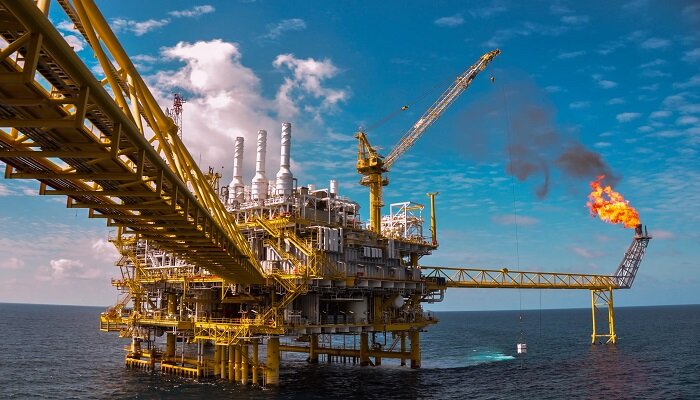In an effort to increase efforts to cut emissions of the potent greenhouse gas methane from the fossil fuel sector, the United States and the European Union intend to unveil a joint accord at the U.N. climate summit soon. They are hoping other countries will sign up as well.
According to a draught of the commitment obtained by Reuters, the EU and US will commit to address the energy sector with domestic and international regulations, such as laws that forbid the routine venting and flaring of natural gas and mandate that businesses fix infrastructure leaks.
The United States and the EU, the second- and third-largest emitters of greenhouse gases behind China, have both proposed restrictions to reduce domestic methane leaks from oil and gas companies, but they have yet to be put into effect.
The declaration would expand on an agreement to reduce methane emissions by 30% from 2020 levels by 2030, pushed by the United States and EU in 2021. Since then, 119 nations have pledged to reduce global methane emissions, including 13 of the top 20 polluters, including Brazil, Indonesia, Mexico, and Nigeria.
Without going into greater detail, a U.S. official claimed that the EU and the United States had lined up backing from a few important actors for the revised declaration. According to the draught, signatories might also increase methane emission monitoring and reporting, putting pressure on businesses to acknowledge the severity of the issue.
The declaration, according to a senior EU official, aims to improve global norms for this kind of monitoring and reporting. They said that the lack of international norms is hurting the methane abatement work.
As nations endeavour to phase down the use of fossil fuels, the draught stated, they agree to work towards the formation of a global market for fossil energy that diminishes flare-ups, methane, and CO2 emissions all across the value chain to the greatest degree practicable.
Methane is a high-value target in short-term efforts to prevent climate change because it breaks down more quickly in the atmosphere than CO2 and has a warming potential that is more than 80 times greater than CO2 in its first 20 years. According to Jonathan Banks, Global Methane Director at the nonprofit Clean Air Task Force, any accord to decrease carbon dioxide and methane from oil and gas is a representation of the potential strength of the market to push change throughout the world. He urged other significant gas consumers and producers to join.
While the United States is the largest producer of oil and gas, the EU, which consists of 27 countries, is the largest gas consumer in the world. The energy industry can reduce emissions more quickly and frequently at little cost, according to experts, even though agriculture is the primary global source of methane emissions.
The primary component of natural gas, methane, seeps into the air from oil wells and gas pipelines with leaks. It can be captured and turned into fuel. Despite this incentive to collect emissions, methane levels in the atmosphere increased last year by the most since records first started being kept in the 1980s.
This year, U.S. LNG exports to the EU increased while Russian gas imports to Europe decreased as a result of Russia’s invasion of Ukraine. At the COP27 session, forty nations are anticipated to release proposals outlining how they would adhere to the Global Methane Pledge, which is voluntary but intends to spark more enforceable legislation.
Tim Grabiel, a senior attorney with the non-profit Environmental Investigation Agency, urged governments throughout the world to take real steps and pledges on monitoring and prevention in place of voluntary declarations about methane emissions. China, the largest emitter of methane in the world, is currently excluded from the Global Methane Pledge. Additionally, it excludes Russia, which, until its invasion of Ukraine in February, was the principal gas supplier to Europe.



















































